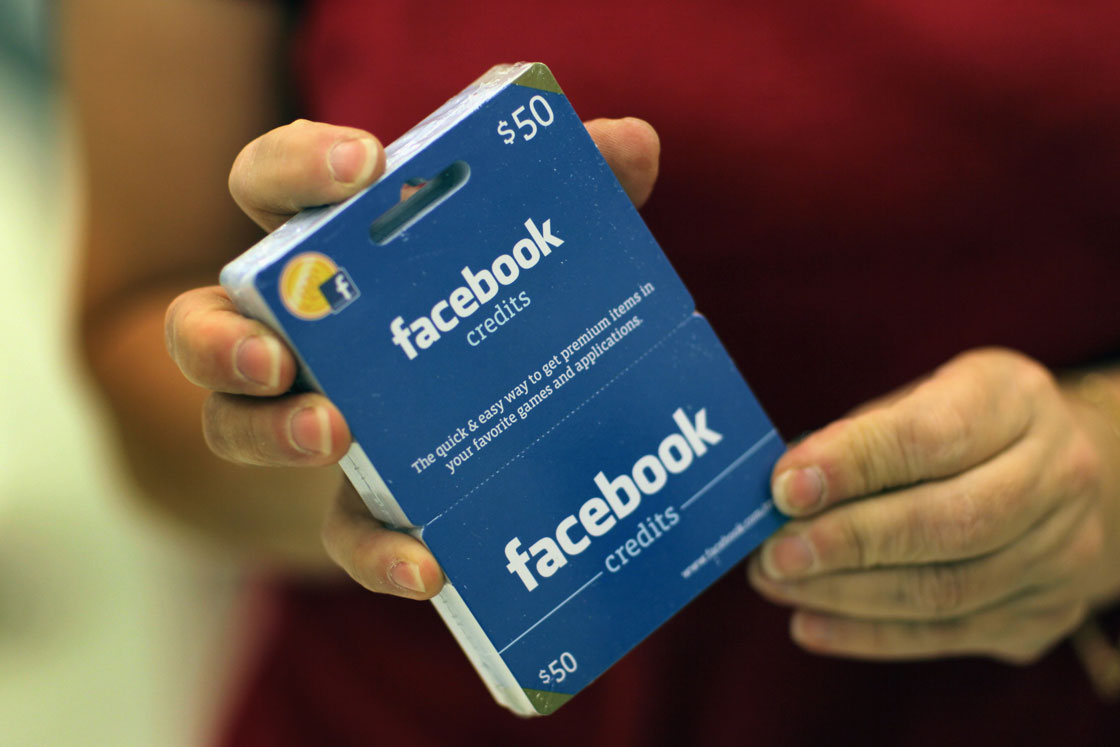Will Facebook or Amazon replace credit cards as providers of online payments in Canada? That’s exactly the question the Bank of Canada has asked itself.

While nascent now, the digital currencies that have been created by such web-based platforms hold the potential to challenge MasterCard,Visa and other traditional providers if users of the web companies adopt the upstart currencies and some tweaks are made to how they can be used, the bank said Tuesday.
“Some industry observers have speculated that these currencies could become widely accepted and could even compete” against traditional payment methods, it said.
There are pros to such a shift.
Goodbye fees?
“Digital currencies represent innovations that could increase the efficiency of retail payments by, for example, providing cheaper, faster or more convenient alternatives to existing payment methods, especially for online transactions,” the bank said.
“In Canada, credit cards are the most popular payment instrument for online transactions. However, the fees that credit cards charge merchants are very high, particularly for small-value transactions.
“In addition concerns about fraud, privacy and identity theft may deter some consumers from using credit cards to make online purchases,” the bank said.
But there are also major hurdles.
Credits and coins
Digital currencies like Facebook’s now-defunct FB Credits and Amazon Coins, which was launched last spring to tablet users, are designed to fit the narrow business interests of the platform, the Bank of Canada report said.
FB Credits, which were phased out in 2012, were designed to keep users on the social network for longer stretches of time (and thus exposed to more ads, where Facebook makes its money).
More recently, Amazon has given away the equivalent of millions of real dollars to Kindle Fire tablet users for them to spend in its online app store, the goal being to further drive interest and use of its tablet and app ecosystem.
Coin holders are prohibited however from purchasing other items through Amazon using them. And both the Amazon and Facebook currencies don’t allow transfer of credits or coins between users, another big limiting factor for their use as de facto e-commerce currencies, the BoC says.
The bank said transferability between users or account holders appears to be the “most important” attribute that gives digital currency the potential to become a means of payment outside of its platform.
While users could purchase FB Credits, neither the credits nor the Amazon currency could be converted back into real currency, as well, a third limiting factor.
That’s not to say there aren’t more “fully equipped” digital currencies online. The obvious example is Bitcoin.
But lacking a central “issuer” and being entirely decentralized brings obvious risks to users, not least the potential for fraud, the bank said. Others, like Linden dollars traded on online game Second Life, remain entirely niche and unnoticed by the broader public.
“For the most part, digital currencies issued by proprietary Internet platforms are unlikely to affect existing national payment systems in any significant way,” the bank’s report said.
But the Bank of Canada added: “The online marketplace will continue to evolve, and platforms will develop innovative products and perhaps new digital currencies.
“Our analysis helps to identify the attribute of digital currencies that needs to be monitored most closely—transferability among users—since it provides the currency with the greatest potential to be adopted as a means of payment outside the platform.”



Comments